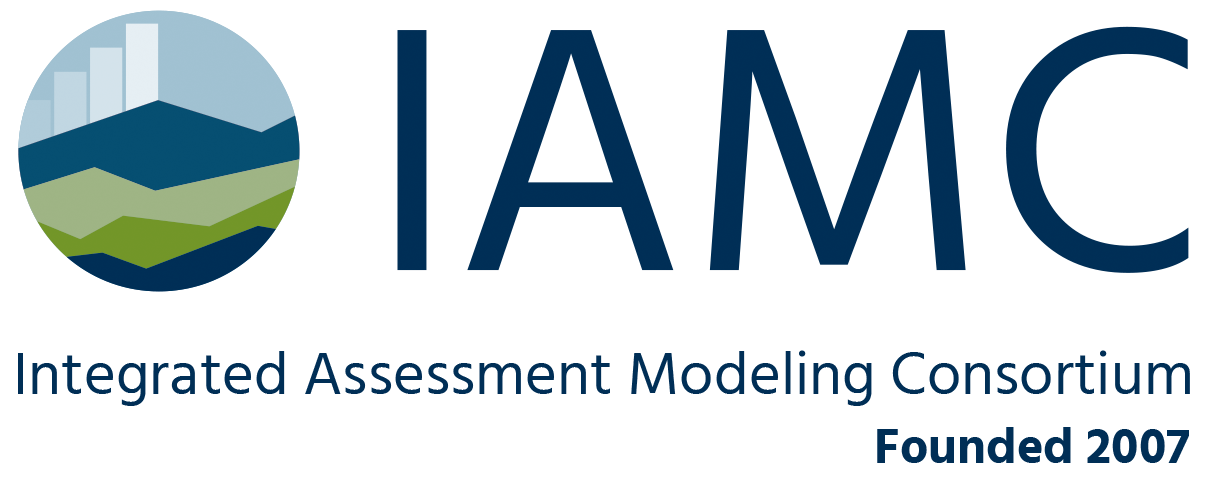In assessment of climate change, integrated assessment refers to that activity considering the social and economic factors that drive the emission of greenhouse gases, the biogeochemical cycles and atmospheric chemistry that determines the fate of those emissions, and the resultant effect of greenhouse gas emissions on climate and human welfare. The strength of an IAM is its ability to calculate the consequences of different assumptions and to interrelate may factors simultaneously, integrating energy, economy, land, water, and climate into a consistent modelling framework that provides regionally and sectorally differentiated climate-change-mitigation pathways.
Most climate change integrated assessment projects now under way are developing an integrated model (see Models section). These models provide a very useful framework or methodology for organizing and assessing information and for conducting research.
This section lists a series of recent projects partnered by IAMC Members, applying IAM methodology.

